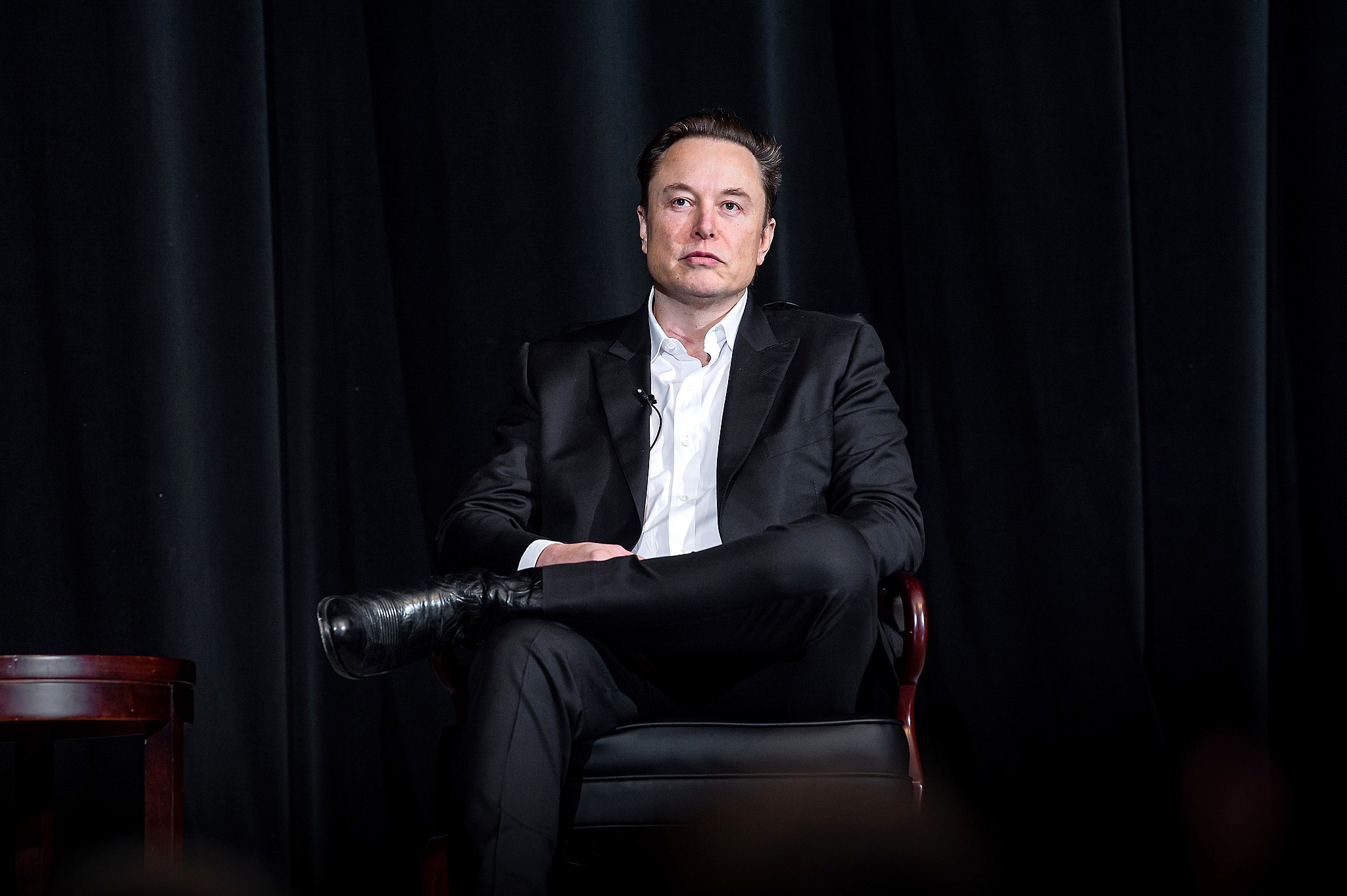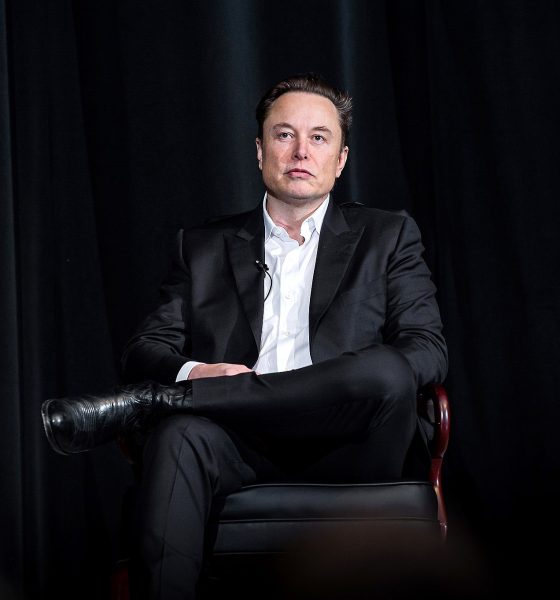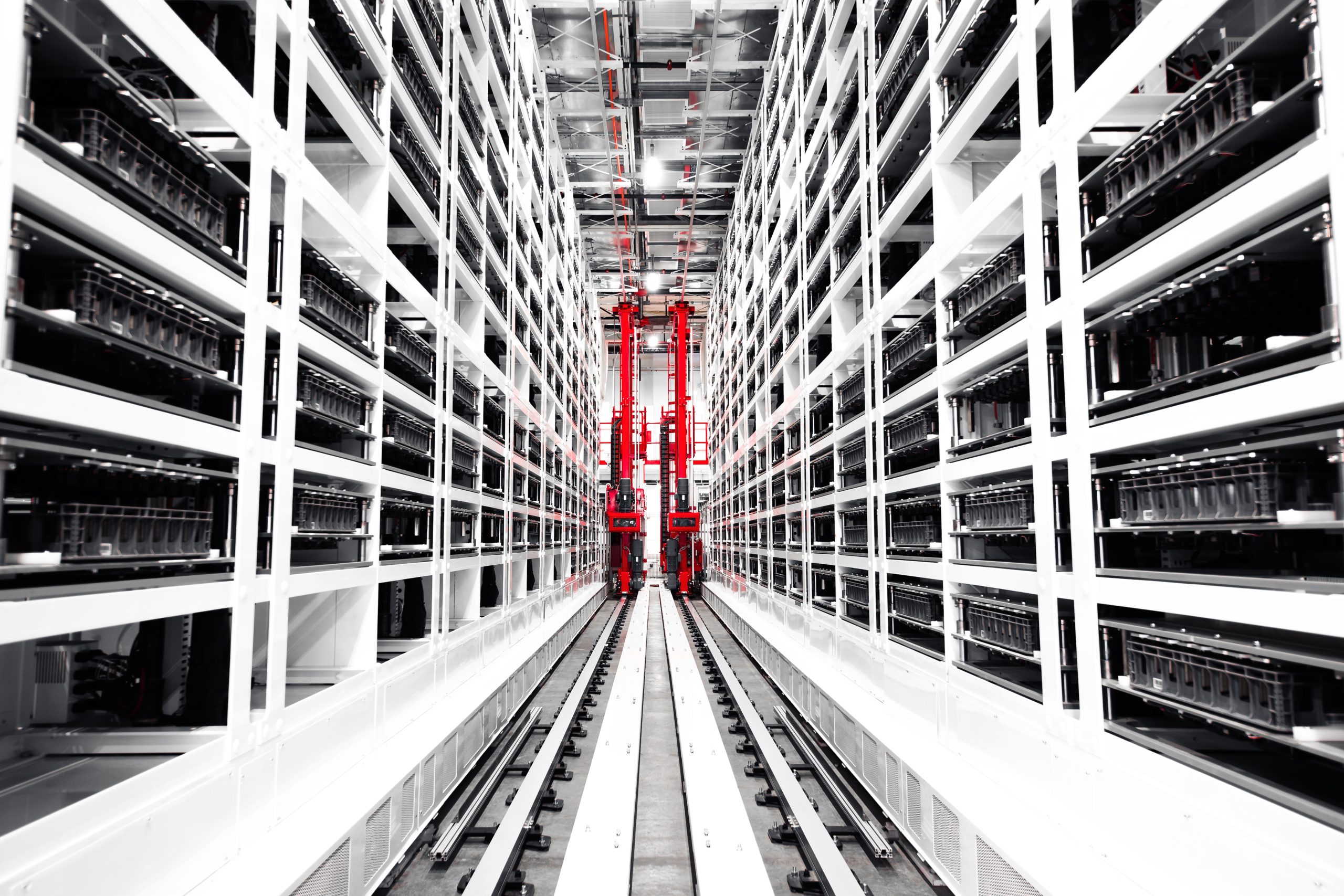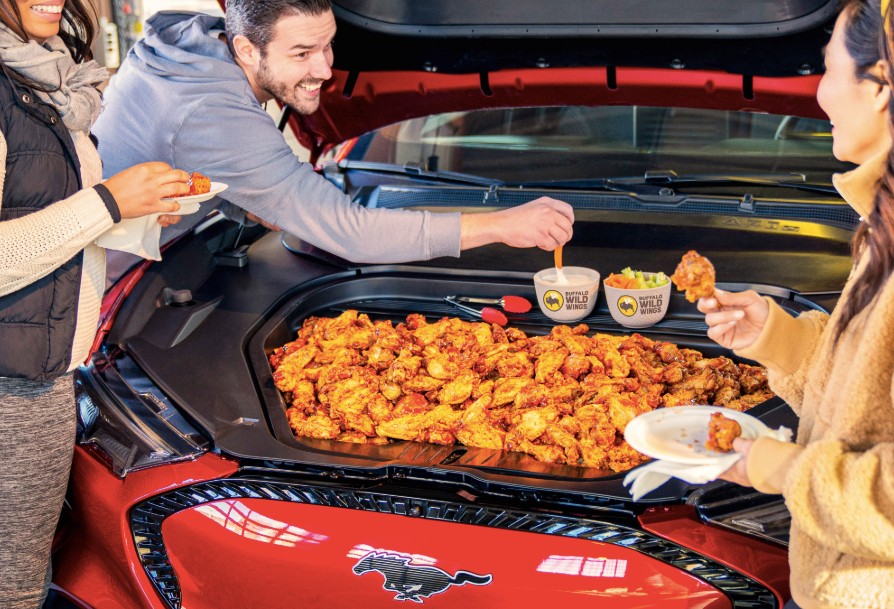

News
Elon Musk’s Taiwan peace proposal praised by Beijing, condemned by Taiwan
Elon Musk may have caught the ire of many by suggesting a controversial way for the Russia-Ukraine War to end, but in a recent interview, the Tesla CEO also shared some of his thoughts on a potential peace plan between China and Taiwan. The plan was met with widely opposite reactions from the Chinese and Taiwanese governments.
Tesla and its China operations play a massive role in the electric vehicle maker’s overall operations, with Gigafactory Shanghai providing about half of the company’s global output last year. In September, Tesla China posted record sales of 83,125 vehicles, up 8% from the previous month and up 48.44% year over year, as per data from the China Passenger Car Association (CPCA).
The Recommendation
During an interview with the Financial Times, Musk was asked about his thoughts on China and the risk to Gigafactory Shanghai amidst the tensions surrounding Beijing and Taiwan. According to the publication, Musk noted that the conflict in Taiwan is inevitable, but his companies would definitely not be the only ones suffering the consequences. Musk then proposed a solution for the conflict.
“My recommendation… would be to figure out a special administrative zone for Taiwan that is reasonably palatable, probably won’t make everyone happy. And it’s possible, and I think probably, in fact, that they could have an arrangement that’s more lenient than Hong Kong,” Musk said.
China’s Praise
Musk’s recommendation won praise in Beijing, with China’s ambassador to the US, Qin Gang, thanking the CEO for his remarks. The ambassador also noted in a tweet that Musk’s proposal was “the best approach to realizing national reunification.”
“I would like to thank Elon Musk for his call for peace across the Taiwan Strait and his idea about establishing a special administrative zone for Taiwan. Actually, Peaceful reunification and One Country, Two Systems are our basic principles for resolving the Taiwan question and the best approach to realizing national reunification.
“Provided that China’s sovereignty, security and development interests are guaranteed, after reunification Taiwan will enjoy a high degree of autonomy as a special administrative region, and a vast space for development.
“The rights and interests of the people in Taiwan will be fully protected, and both sides of the Taiwan Strait will share the glory of national rejuvenation. Peaceful reunification of China is also conducive to peace and development in the Asia-Pacific and the wider world,” the ambassador wrote on Twitter.
Taiwan’s Criticism
Inasmuch as Musk’s comments were appreciated by China, they were widely criticized in Taiwan. So notable were the criticisms of Musk’s suggestions that they actually united Taiwan’s divisive political environment. Taiwan’s de facto ambassador to the US, Hsiao Bi-khim, for one, noted that Taiwan’s “freedom and democracy are not for sale.” “Any lasting proposal for our future must be determined peacefully, free from coercion, and respectful of the democratic wishes of the people of Taiwan,” she said.
Former Taiwan president Ma Ying-jeou also condemned Musk’s proposal. “Elon Musk’s opinion means ‘one country two systems.’ I cannot accept this,” the former president said.
Even opposing candidates from the upcoming Taipei mayoral race were united in rejecting Musk’s ideas. Chen Shih-chung of the ruling Democratic Progressive Party (DPP), stated that the Tesla CEO’s comments were “ill-informed and belittling and could affect our national security.” He also called on Musk to do better.
“Elon Musk has brought about revolutionary change through Tesla and SpaceX, even aiding Ukraine against the Russian dictatorship through Starlink. I’m calling on Elon to hold himself to the same democratic values regarding Taiwan,” he said.
Chiang Wan-an, Chen’s opponent from the Kuomintang party, accused Musk of being “hungry for the Chinese market.” He also argued that Musk is “trading with the devil” due to his business with China.
The Conflict
The tensions between China and Taiwan stem largely from the former’s claims that the latter is a province. Taiwan, on the other hand, has maintained that it is an independent nation. China has hinted that it could annex Taiwan by force so that it could be “unified” with the mainland. However, a growing majority of Taiwanese citizens reject the idea of being unified with China, with some even supporting the idea of outright independence.
Don’t hesitate to contact us with news tips. Just send a message to simon@teslarati.com to give us a heads up.

Elon Musk
Tesla expands US LFP battery supply with LG Energy Solution deal: report
The report was initially published by TheElec, citing industry sources.

LG Energy Solution (LGES) will manufacture lithium iron phosphate (LFP) energy storage system (ESS) batteries for Tesla at its Lansing, Michigan facility.
The report was initially published by TheElec, citing industry sources.
LG Energy Solution’s Lansing plant, formerly known as Ultium Cells 3, was previously operated as a joint venture with General Motors. LGES acquired GM’s stake in May 2025 and now fully owns the site. With a production capacity of 50 GWh per year, it is one of the company’s largest facilities in North America.
LG Energy Solution is converting part of the Lansing factory to produce LFP batteries for energy storage systems. Equipment orders for the new lines have already been placed, and mass production is reportedly expected to begin in the second half of next year.
Last July, LG Energy Solution disclosed a 5.94 trillion won battery supply agreement running from August 2027 to July 2030. While the company did not name the customer, industry sources pointed to Tesla as the buyer.
Tesla has primarily used CATL’s prismatic batteries for its Megapack systems. The move to source prismatic LFP cells from LG Energy Solution’s U.S. plant could then be seen as part of Tesla’s efforts to bolster its North American supply base for its energy storage business.
For the Lansing conversion, LG Energy Solution reportedly plans to use electrode equipment originally ordered under its Ultium Cells venture with General Motors. Suppliers reportedly include CIS and Hirano Tecseed for electrode systems, TSI for mixing equipment, CK Solution for heat exhaust systems, A-Pro for formation equipment, and Shinjin Mtech for assembly kits.
Tesla currently manufactures energy storage products at facilities in California and Shanghai, though another Megafactory that produces the Megapack is also expected to be built in Texas. As per recent reports, the Texas Megafactory recently advanced with a major property sale.
News
Tesla begins Grok AI chatbot rollout to Australia and New Zealand fleet
The update follows earlier deployments in the United States and Europe.

Tesla has rolled out its Grok AI assistant to Australia and New Zealand, embedding the conversational chatbot directly into compatible vehicles via an over-the-air update.
The system, developed by Elon Musk’s xAI, is now live on select models, giving drivers access to a voice-based assistant that goes well beyond traditional command-driven controls.
The update follows earlier deployments in the United States and Europe.
Tesla Australia confirmed Grok is available on Model S, Model 3, Model X and Model Y vehicles equipped with an AMD processor and running software version 2025.26 or later.
“Grok is coming to Teslas in Australia and New Zealand. It can answer almost any question using real-time information & also add/edit navigation destinations to become your personal guide. Phased rollout has now begun to eligible vehicles,” Tesla Australia and New Zealand wrote in a post on its official X account.
Drivers can activate Grok using the steering wheel controls once the update is installed. Access requires either a Premium Connectivity subscription or a stable Wi-Fi connection.
Unlike conventional in-car voice assistants that rely on fixed prompts, Grok is designed to respond conversationally. It can adjust navigation mid-trip, locate nearby points of interest, explain dashboard warnings, provide driving guidance and reference the owner’s manual.
Tesla noted that interactions with Grok are processed by xAI and remain anonymous to Tesla, adding that conversations are not linked to a specific driver or vehicle.
Grok has attracted attention overseas for offering multiple interaction modes. In the U.S., users can select personalities such as Assistant, Language Tutor, Therapist, Storyteller and Meditation. Additional optional modes for adult users include settings labeled Unhinged, Motivation, Argumentative, Romantic and even Sexy.
Viral clips shared online have shown Grok adopting sarcastic or playful tones that differ from more neutral digital assistants, with the AI assistant typically catching drivers off-guard with its sharp personality and wit.
News
Ford is charging for a basic EV feature on the Mustang Mach-E
When ordering a new Ford Mustang Mach-E, you’ll now be hit with an additional fee for one basic EV feature: the frunk.

Ford is charging an additional fee for a basic EV feature on its Mustang Mach-E, its most popular electric vehicle offering.
Ford has shuttered its initial Model e program, but is venturing into a more controlled and refined effort, and it is abandoning the F-150 Lightning in favor of a new pickup that is currently under design, but appears to have some favorable features.
However, ordering a new Mustang Mach-E now comes with an additional fee for one basic EV feature: the frunk.
The frunk is the front trunk, and due to the lack of a large engine in the front of an electric vehicle, OEMs are able to offer additional storage space under the hood. There’s one problem, though, and that is that companies appear to be recognizing that they can remove it for free while offering the function for a fee.
Ford is now charging $495 on the Mustang Mach-E frunk (front trunk). What are your thoughts on that? pic.twitter.com/EOzZe3z9ZQ
— Alan of TesCalendar 📆⚡️ (@TesCalendar1) February 24, 2026
Ford is charging $495 for the frunk.
Interestingly, the frunk size varies by vehicle, but the Mustang Mach-E features a 4.7 to 4.8 cubic-foot-sized frunk, which measures approximately 9 inches deep, 26 inches wide, and 14 inches high.
When the vehicle was first released, Ford marketed the frunk as the ultimate tailgating feature, showing it off as a perfect place to store and serve cold shrimp cocktail.
Ford Mach-E frunk is perfect for chowders and chicken wings, and we’re not even joking
It appears the decision to charge for what is a simple advantage of an EV is not going over well, as even Ford loyal customers say the frunk is a “basic expectation” of an EV. Without it, it seems as if fans feel the company is nickel-and-diming its customers.
It will be pretty interesting to see the Mach-E without a frunk, and while it should not be enough to turn people away from potentially buying the vehicle, it seems the decision to add an additional charge to include one will definitely annoy some customers.








